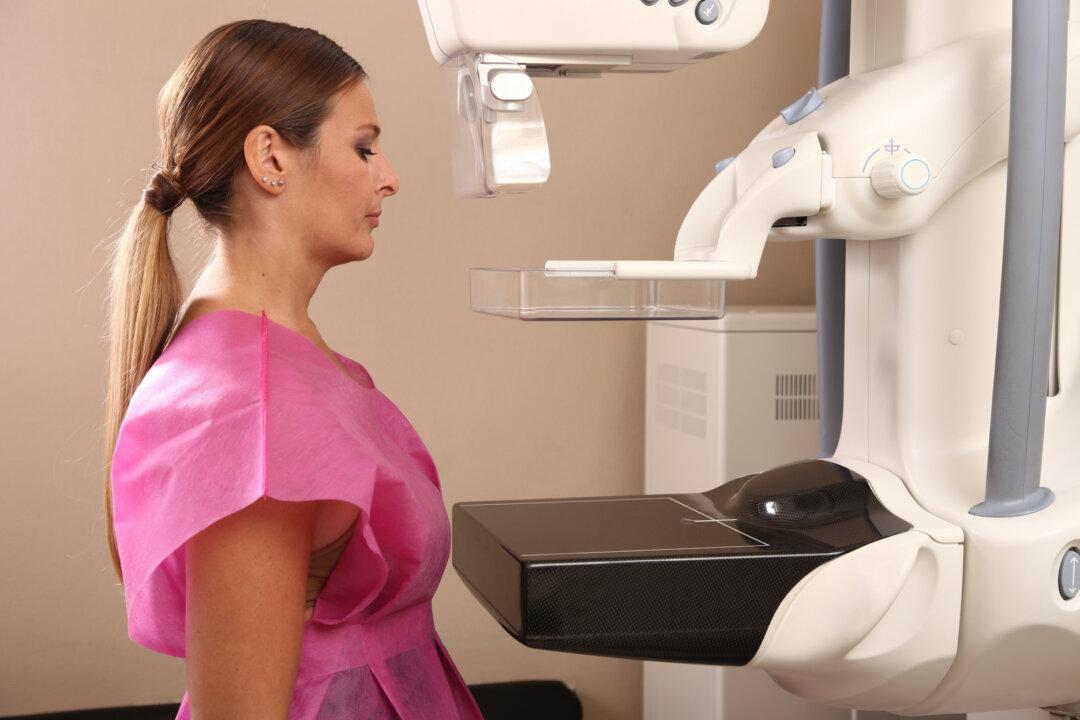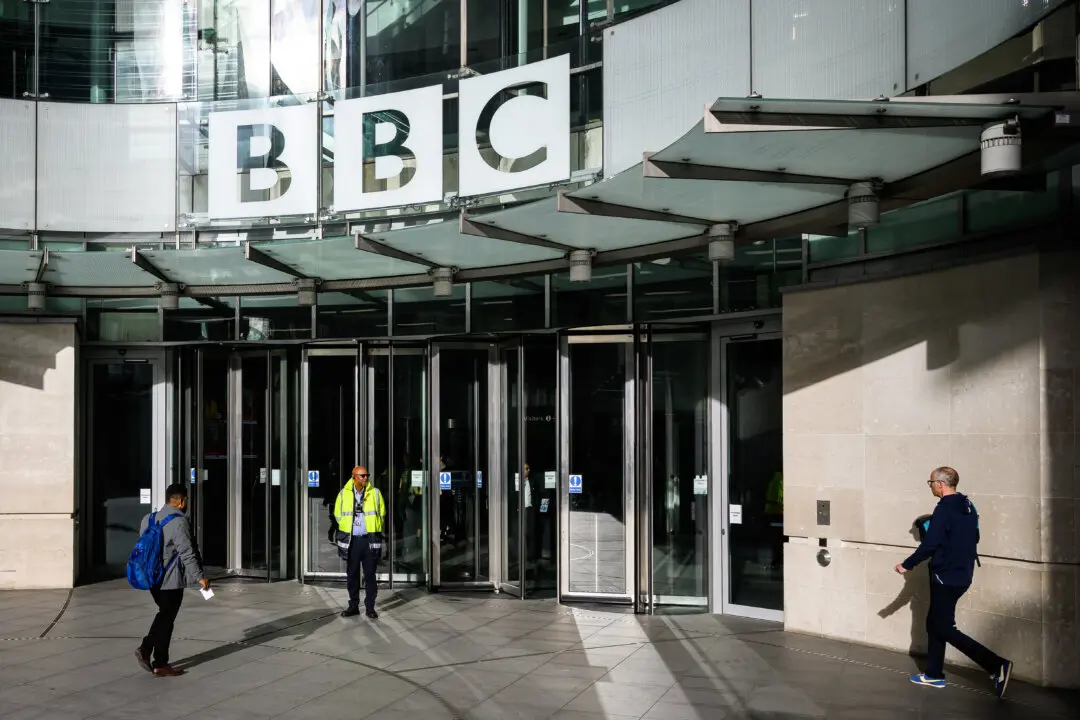The NHS has apologised to almost 1,500 women at increased risk of breast cancer through historic radiation treatment for a “failure to refer” them for annual scans, which could have saved their lives.
NHS England said that 1,487 women who received radiotherapy above the waist to treat Hodgkin lymphoma between 1962 to 2003 were not referred for routine monitoring.
The women will be contacted and offered MRI scans within the next three months, Health Secretary Victoria Atkins told the House of Commons.
The secretary of state said that letters sent to the affected women would explain how they came to be left off the Very High Risk pathway that they ought to have been placed on.
Ms. Atkins said: “This letter addresses a historic issue where women who received radiotherapy above the waist to treat Hodgkin lymphoma and therefore were at higher risk of breast cancer were not given annual checks.
“The NHS wrote to the 1,487 women affected yesterday in order to inform them we expect all women to be offered a scan within the next three months, and NHS England has established a helpline and briefed GPs and relevant charities.”
She said that owing to their ages, the vast majority of those affected will have already been offered screening on a three-yearly basis, as the NHS begins inviting women in for the MRI scans when they turn 50.
Health Minister Andrew Stephenson said several women who should have been offered annual testing were not informed “due to variable referral processes.”
Risks of Radiotherapy
Research carried out in 2000 showed women who had received radiotherapy to their chest for Hodgkin lymphoma were at higher risk of developing breast cancer, and, in 2003, clinicians were asked to contact both existing and previous patients to explain the situation and refer them for an annual breast screening.However, due to a mistake, it was not until September 2023 that details of the missed group were shared with NHS England, and ministers were notified in February 2024.
In a letter addressed to Ms. Atkins, NHS England said: “We are writing to update you on the issue that we have identified. This is in respect of the failure to refer for annual MRI surveillance a number of women who have been treated with radiotherapy to their chest for Hodgkin lymphoma.
“Women who have had this treatment between the ages of ten and 35 are at higher risk of developing breast cancer than the general population and should be referred to the very high risk service within the Breast Screening Programme.
“A cohort of women who received radiotherapy between 1962 and 2003 were initially identified as a potential at risk group in 2003, and now a sub group of those women, 1,487 in total as of February 2024, have been identified as not currently receiving annual MRI testing who should be.
“NHS England is taking this very seriously and the NHS will do everything possible to ensure these women will be offered appropriate screening, at speed, in a compassionate and respectful way which is tailored to their clinical history.”
A Breast Screening after Radiotherapy Dataset (BARD) was set up in 2021 to ensure all women at increased risk of breast cancer following radiotherapy are referred to the NHS Breast Screening Programme in line with national guidelines.
Before the data sets being compiled in 2021, NHS screening services relied on referrals from individual genetic services, family history clinics and radiotherapy centres to identify those at increased risk of cancer.
NHS England said the establishment of BARD and the Very High Risk pathway led them to identify the missed group of women.
In a ministerial statement, Mr. Stephenson said, “NHS England wrote to a group of women who are at Very High Risk of breast cancer who have been eligible for annual MRI checks, but who may not have been routinely referred to the annual tests recommended in NHS guidance.”
‘Huge Anxiety’ For Affected Women
Baroness Delyth Morgan, chief executive at Breast Cancer Now, said: “We’re deeply concerned that certain women known to be at a very high risk of breast cancer have not been offered the vital screening that they are entitled to and would give them the best opportunity of detecting the disease early when survival rates are almost 100 percent.
“This news will undoubtedly cause huge anxiety for the women affected and their loved ones.
“It is vital NHS England take swift action to ensure these women receive the screening and support they need.
“The government and NHS England must also act urgently to identify and address the underlying issues that caused this error and provide firm reassurance that such a failure will not happen again.”
A review found that 5,002 women were potentially eligible for the annual checks, but 2,213 have already died, and 887 are receiving the recommended yearly scans.
Some of the women are untraceable or may not be offered the scans for a variety of reasons, such as having had a mastectomy.
Breast Screening Rates Falling
Breast cancer charities have warned that increasing numbers of women are declining the offers of mammograms, with fewer than two in three women (64.6 percent) accepting the offer of a screening appointment in the year 2022—2023, according to NHS England.
Some women are reportedly declining mammograms because of concerns they may do more harm than good, with risks from the procedure including both radiation and overdiagnosis.
NHS national director for vaccinations and screening Steve Russell said: “While most of these women are already enrolled in the NHS Breast Screening Programme for regular mammograms, all women affected will now be offered support and invited for an annual MRI, and in most cases an annual mammogram, as soon as possible—the NHS will aim to complete this within three months.“We would like to extend our sincere apologies to those affected for any additional worry this may have caused—anyone who has had prior radiotherapy to their chest for the treatment of Hodgkin lymphoma and who is concerned they have not been invited for an annual MRI can call our dedicated helpline for support and further information.”







